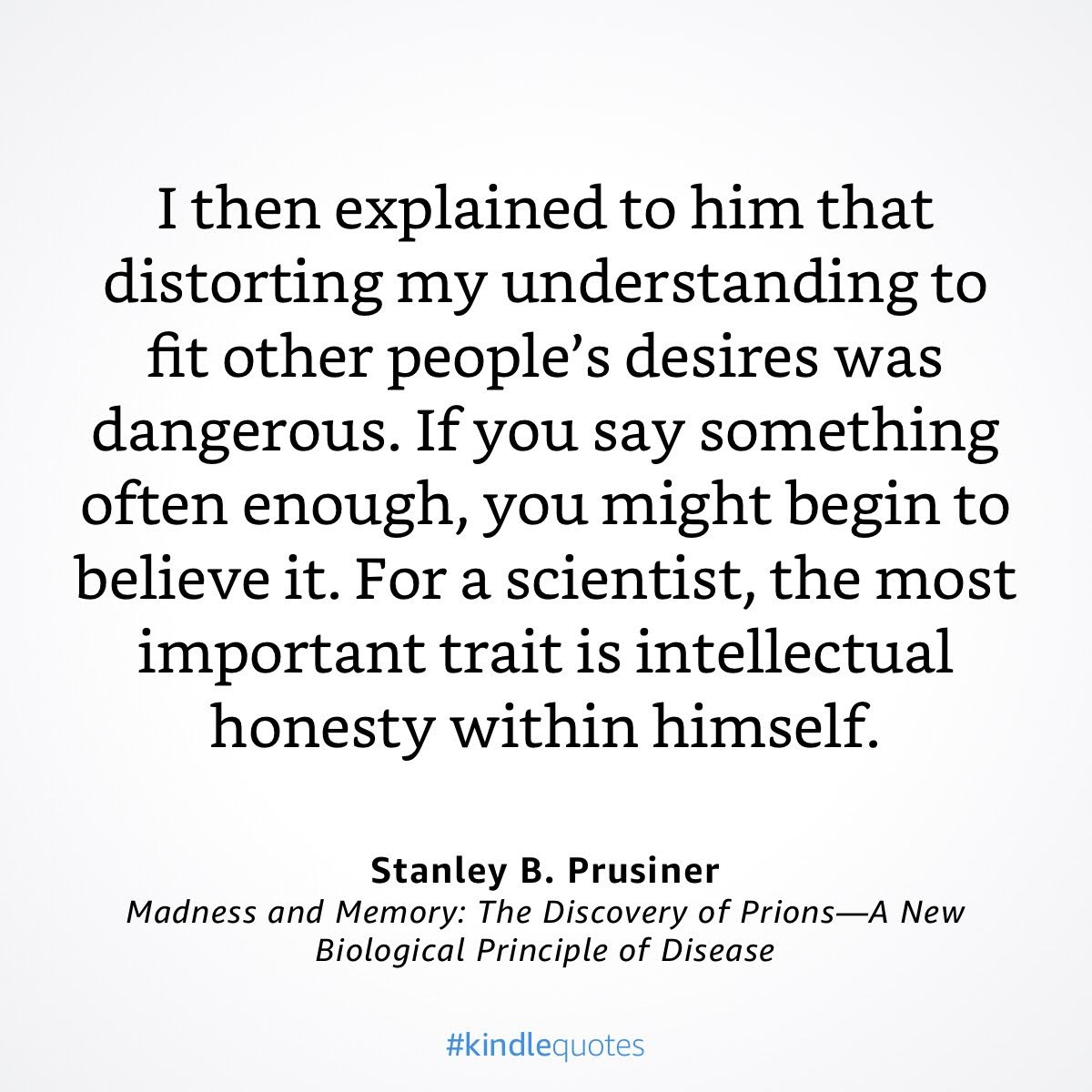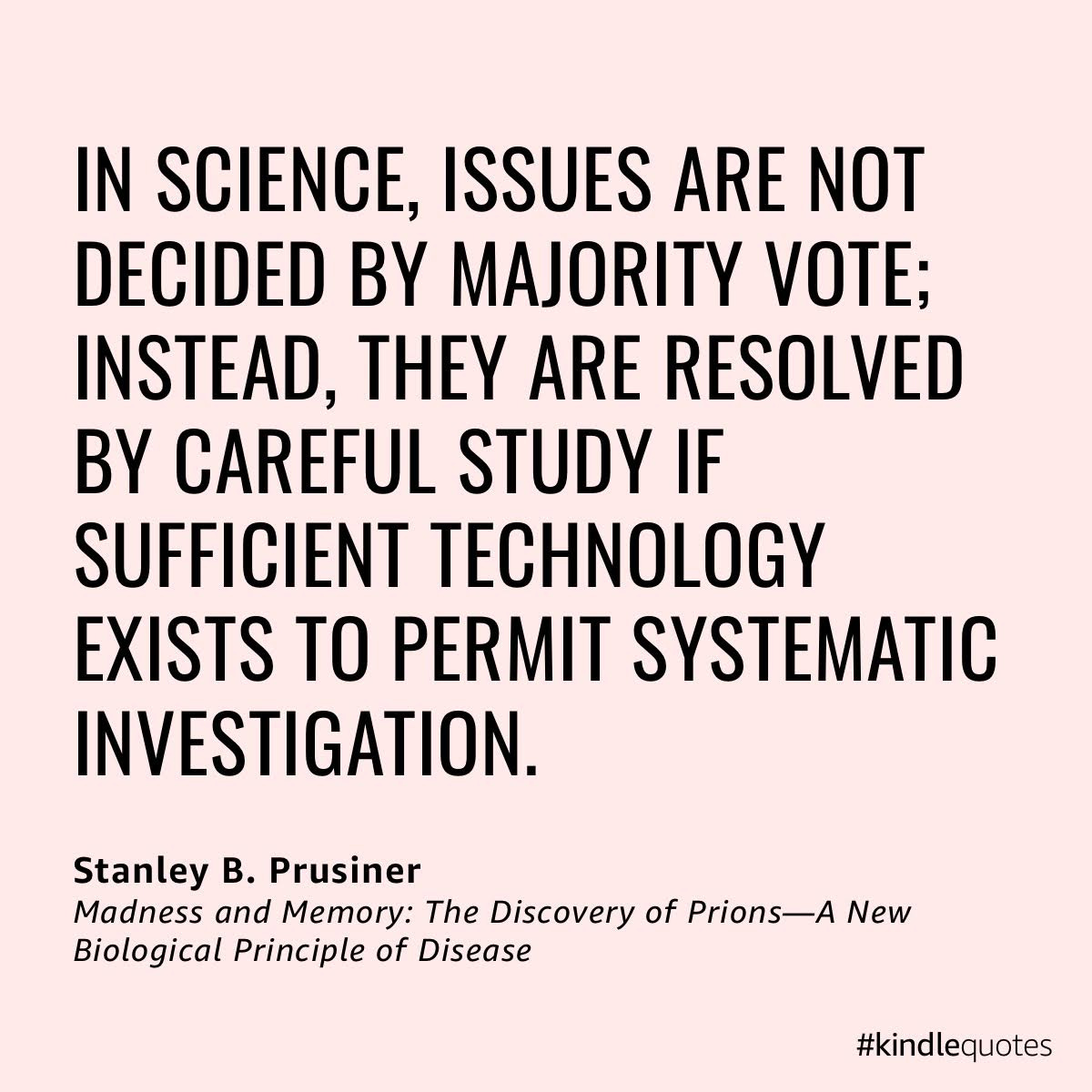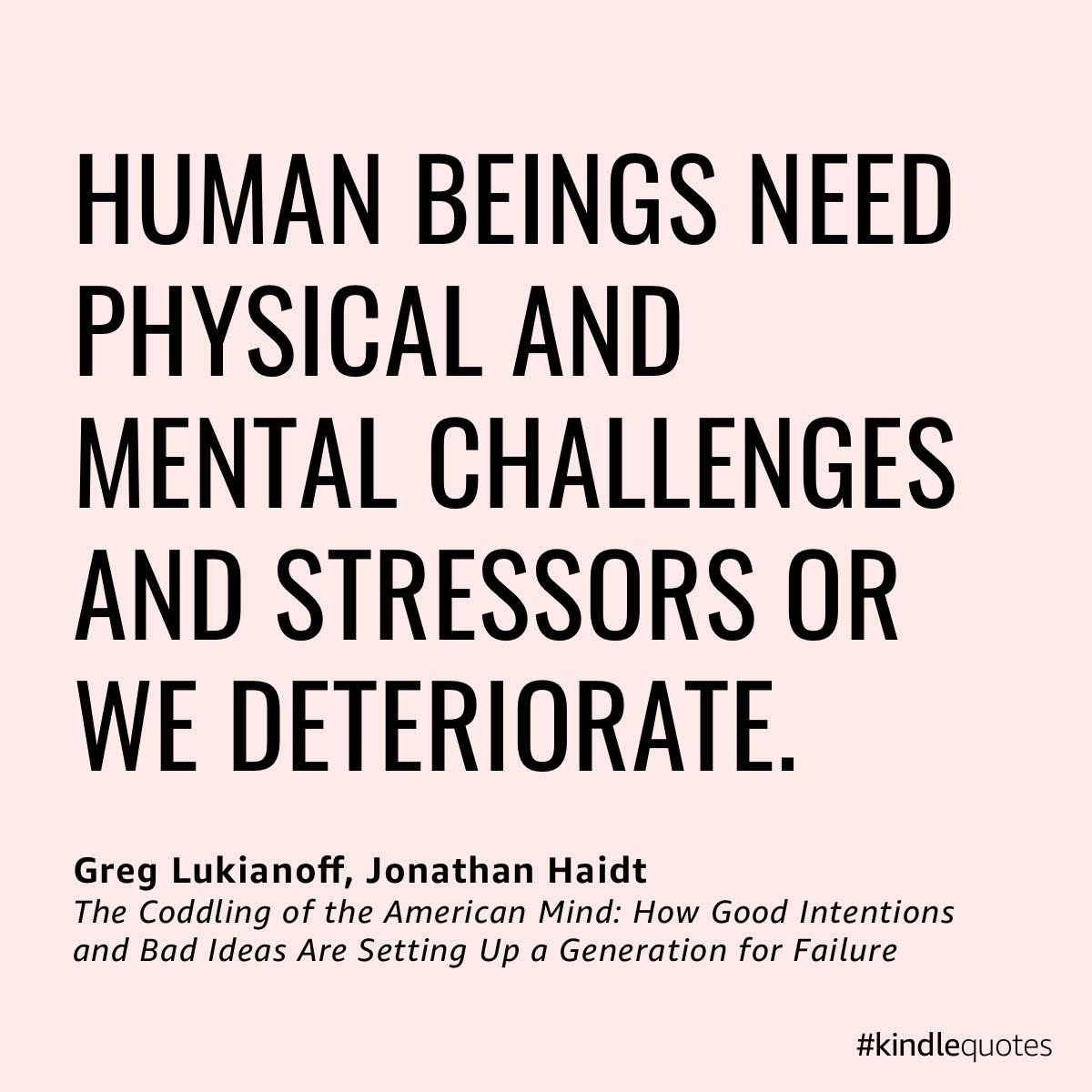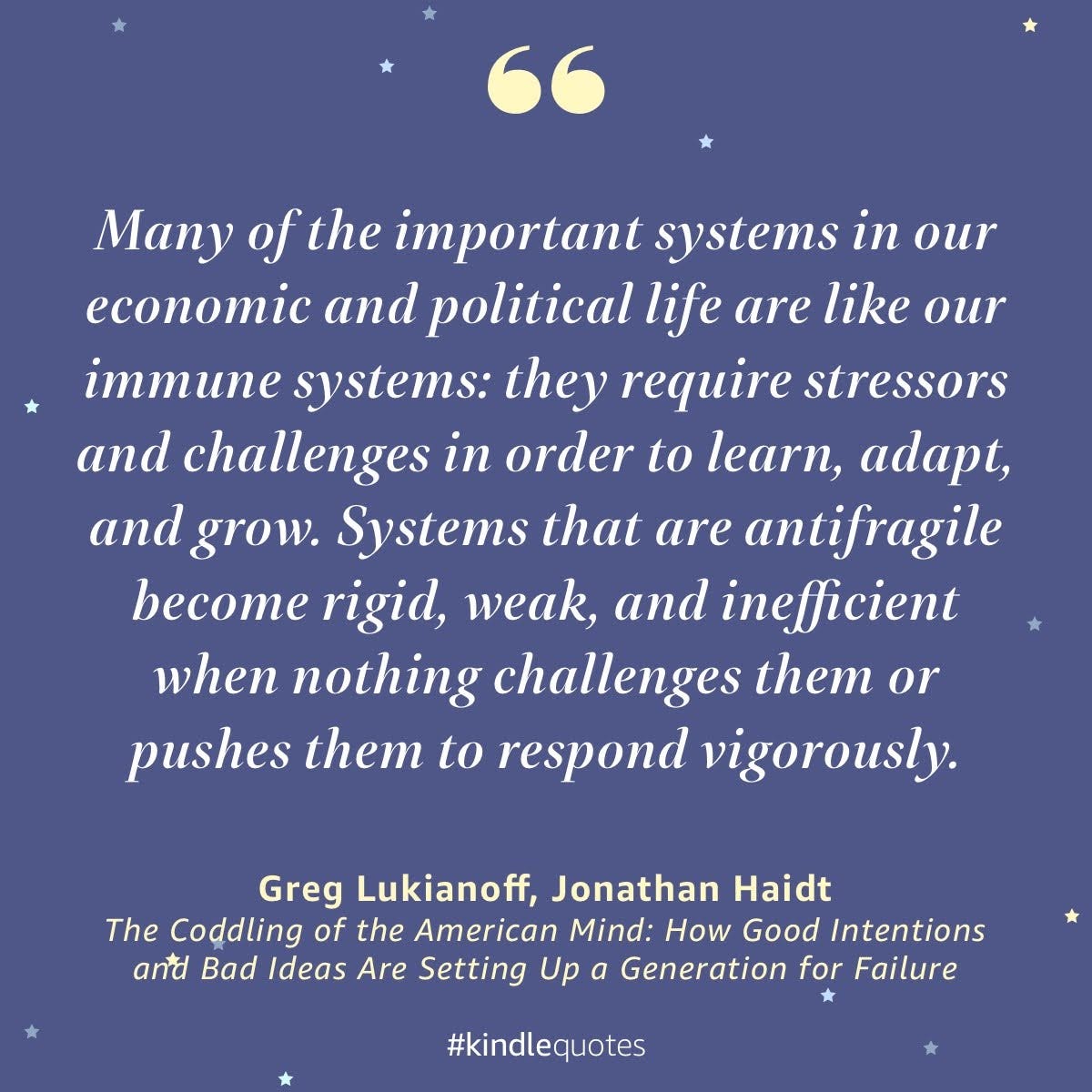Joyful Outlook
I've been making joy in my life, recently. I have always tried for this, and there's been seasons it was a lot harder to do than others. This one? It's pretty easy, to be honest. The sun is shining, as it is more days than not here in Texas. Sure, it's hot out there, but it's comfortable inside. I can look out my office window and watch my husband sitting comfortably and reading in the shade. My son walked by that window a minute ago carrying a bench under his arm. He was heading for his shop to do a little reinforcement on it, before it's too hot to work.
The house is clean. There are to-do lists, but nothing so pressing I can't take a moment to lay down work and perhaps sit with a cool drink and a book. Then I'll get started on the weekend.
Reading? Well, this week I read Agatha Christie's Sparkling Cyanide... not, perhaps, her best, as I had it figured out fairly quickly in the book whodunnit. But still, there were red herrings and the plot dovetailed in a nice contrivance, and I enjoyed a little brain candy. For a rarity, I read it in paper. I have a fair amount of Christie in pulp paperbacks, since many of the ebooks are ridiculously priced.
I finished Stanley Prusiner's Madness and Memory. You can find more thoughts and excerpts in the book discussion channel at the Book Club with Spikes, as is my usual when reading non-fiction these days. Most of the book is technical, talking about the roadmap to not only discovering prions, but proving that they existed to a highly skeptical and at times adversarial scientific community. Read in partnership with Thomas Kuhn's The Structure of Scientific Revolutions, it's fascinating. It's also sobering as you realize that Prusiner may well have predicted, in spite of himself, the downfall of science, as a respected institution.


Once finished with Prusiner's sobering indictment of the hidebound and increasingly vulnerable scientific community, I moved on to something a bit more cheerful, inasmuch as it's more distant from the now.
Scott Weidensaul's The First Frontier: The Forgotten History of Struggle, Savagery, & Endurance in Early America opens with a refreshingly broad look at the very early days of exploration of the North American Continent, and he does so without an overwhelmingly European take on it. I've just started, but I'm already delighted with the level of detail and new takes on what is often painted over very quickly in history classes. Having been involved with my parent's re-enacting of the French and Indian War era, I had picked this up and it's so much more. Being me, I'm also reading The Coddling of the American Mind by Greg Lukianoff and Jonathan Haidt. I have a habit of flipping back and forth between non-fic reads to cleanse my mental palette. In this case, the contrasts are stark and perfect counterpoints. The men and women who settled the Americas, or who made it their home before the colonization, as Weidensaul provides their stories as well, were at times savage and venial, but no one could accuse them of having been coddled or coddling. In the four hundred years of history, how things have changed... and yet, how some stay the same. Human nature is not immutable. Look how far we have come, and how far we have yet to go.

And yet, I cannot find there is no hope in the world around me. The small joys of day-to-day life are only the building blocks to the joy of a life well-lived. I watch my children becoming strong adults, living in ways that are helping them grow stronger; even as my mother-instinct is to shelter them, I refrain. They need to succeed on their own, lest they shrivel without me when I'm no longer here for them. Keeping them under my own roof for years would stunt their growth and deny them the ability to make their own joy in living.
And, with the momentous news from the Supreme Court all this last week or so, I have hope for our nation, as well. Perhaps we are trembling on the brink of regaining some of the strength we once had as a nation, when we joyfully plunged into the unknown wildernesses of a new land.





